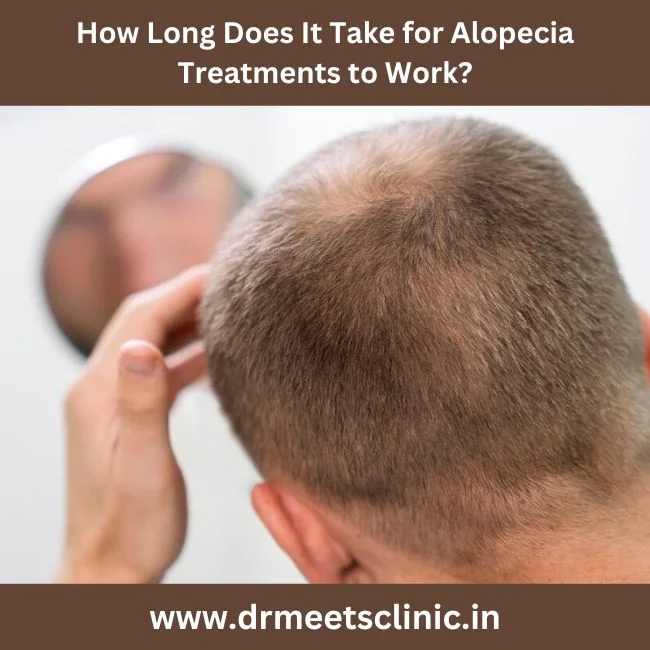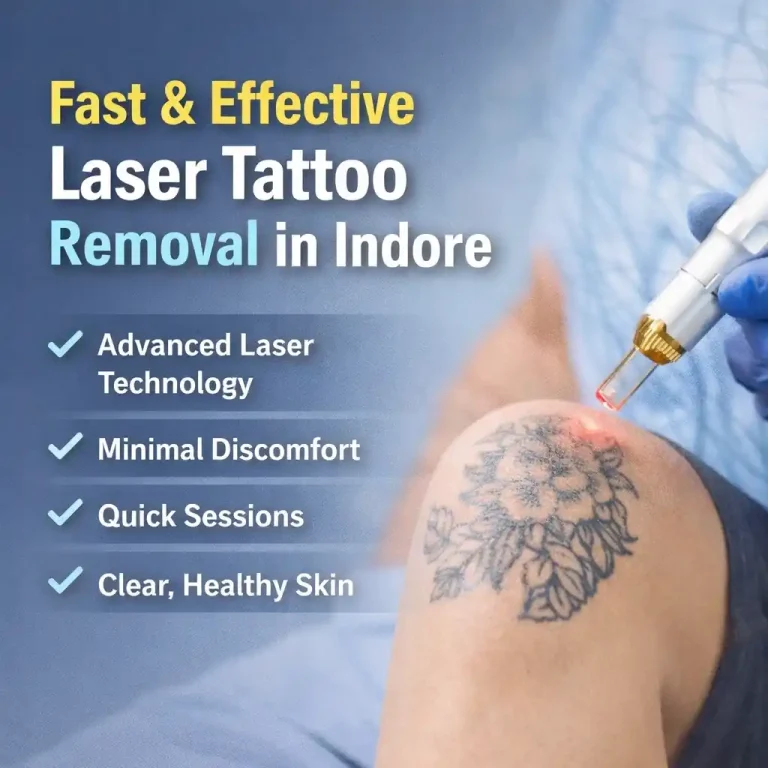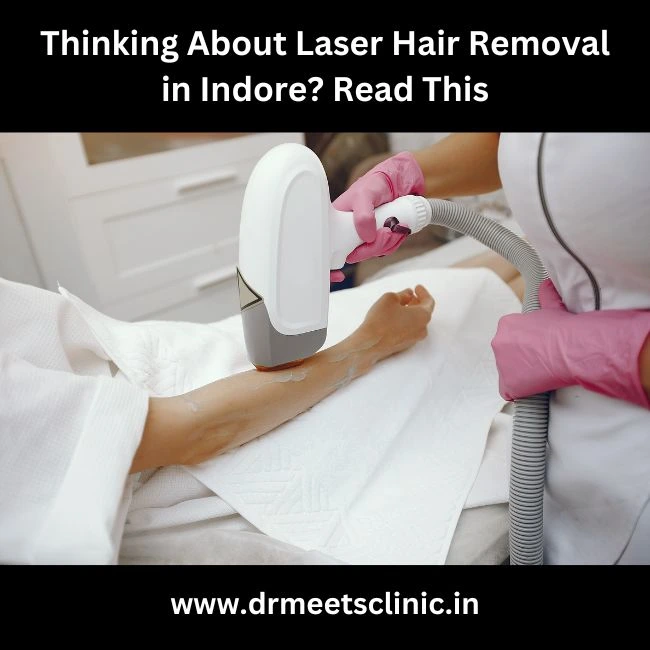Alopecia, a condition that causes partial or total hair loss, can be a stressful experience for anyone. Fortunately, advances in science and medicine make Best Alopecia Treatment in Indore more effective than ever before. However, one common question from patients is, “How long does it take to treat alopecia?”
The answer is not universal – it depends on factors such as the type of alopecia, the treatment chosen and the individual’s biological response. If you are looking for the best alopecia treatment in Indore, this blog will guide you through the timelines of various treatments to help you set realistic expectations and make informed decisions.
Understanding the types of alopecia
Before diving into treatment timelines, it’s essential to know the type of alopecia you’re dealing with. Different types may respond to treatment at different rates.
1. Androgenetic alopecia (male and female pattern baldness):
An inherited condition where the hair gradually falls out.
2. Alopecia areata:
An autoimmune condition leading to sudden hair loss in patches.
3. Telogen Effluvium:
Temporary hair loss caused by stress, illness or hormonal changes.
4. Scarring alopecia (scarred alopecia):
A rare condition where hair follicles are permanently damaged.
Each of these conditions has its own unique response time to treatment, so identifying the type is the first step in determining how long it will take to see results.
Breakdown of common treatments for alopecia
1. Current solution
Topical solutions are widely used to stimulate hair follicles and promote regrowth. These are often applied directly to the scalp as part of a daily routine.
When to expect results:
Patients often begin to see improvement within 3 to 6 months of regular use. However, it can take up to a year to achieve noticeable hair regrowth.
Key aspects:
Consistency is important. Skipping applications can delay or reverse progress.
2. Hair Regrowth Treatment (HRT)
HRT Therapy is a non-invasive procedure designed to stimulate hair growth by rejuvenating the scalp and improving follicular activity. It uses specialized techniques and serums tailored to the individual condition of the hair and scalp.
When to expect results:
Patients often notice reduced hair loss within 2 to 3 months, with visible regrowth becoming more apparent after 4 to 6 months of consistent sessions.
Key aspects:
HRT therapy usually involves multiple sessions (3-4 spaced approximately one month apart) to achieve optimal results. Maintenance sessions every 6-12 months may be recommended to maintain progress.
3. Low Level Laser Therapy (LLLT)
LLLT uses red light to stimulate hair follicles and increase blood flow to the scalp.
When to expect results:
Improvement in hair texture and reduction in hair loss can be seen within 12 weeks. Noticeable hair regrowth occurs after 6 months of regular use.
Key aspects:
Consistency is essential as results depend on regular use of the laser caps or comb.
4. Hair transplant surgery
For advanced hair loss, hair transplant surgery offers a permanent solution by relocating hair follicles from the donor area to bald areas.
When to expect results:
After the procedure, transplanted hair usually falls out within 2-4 weeks, which is a normal part of the hair cycle. New growth starts around 3 to 4 months and full results are visible after 9 to 12 months.
Key aspects:
While the results are long-lasting, the healing process requires patience and aftercare is key.
5. Treatment of alopecia areata
Corticosteroid injections or topical immunotherapy are commonly used for alopecia areata, an autoimmune condition.
When to expect results:
Hair regrowth may begin within 4 to 8 weeks after treatment, but full regrowth may take several months, depending on the severity.
Key aspects:
Regular check-ups are essential to monitor progress and adjust treatment as needed.
Factors affecting treatment plans;1. Severity of Hair Loss:
Early-stage alopecia usually responds to treatment more quickly than advanced cases.
2. Consistency:
Adherence to the prescribed treatment plan is key for timely results.
3. Age and general health:
Younger individuals and people without health problems often see faster results.
4. Type of alopecia:
Temporary conditions such as telogen effluvium resolve more quickly than chronic conditions such as androgenetic alopecia.
Patience is key
Hair regrowth is a gradual process as hair grows in cycles. Visible results often take several months, even with the most effective treatment. While waiting, it is important to focus on supportive practices:
Maintain a nutrient-dense diet with plenty of vitamins and minerals such as biotin, zinc and iron.
Reduce stress with mindfulness, exercise or therapy.
To prevent further damage to your hair, use gentle hair products.
When to contact an expert
If you do not notice any improvement after 6 months of consistent treatment, consult a dermatologist or trichologist. They may recommend alternative therapies or advanced diagnostics to identify underlying causes. If you are looking for the best alopecia treatment in Indore, consulting an experienced hair specialist can make all the difference.
Conclusion
Treating alopecia takes time, but the results are worth the wait. Whether you are researching HRT therapy, topical solutions or hair transplant surgery, it is important to remain consistent and patient. Remember that each individual’s journey is unique, so don’t compare your progress to others.
Consult a qualified hair specialist for the best alopecia treatment in Indore and create an individualized treatment plan. With the right approach, you can return not only your hair, but also your self-confidence and peace of mind.
Start your journey today – your future self will thank you!

















